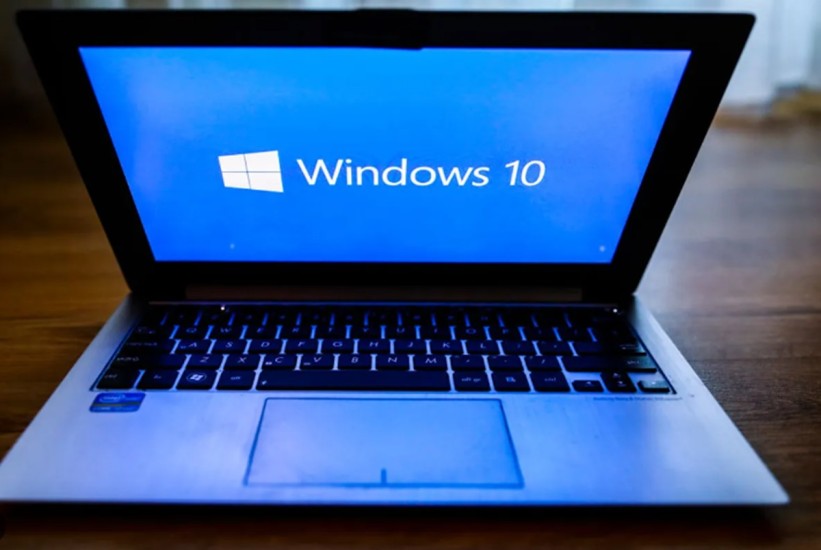As of October 14, 2025, Microsoft will officially stop supporting the Windows 10 operating system. Users will no longer receive security updates, technical support, or new features. While the system will remain functional, the risk of exposure to cyber threats will significantly increase.
In addition, Microsoft 365 apps will no longer receive updates on devices running Windows 10. Popular tools like Word and Excel will still work, but over time, users can expect performance drops and reduced reliability.

Microsoft recommends upgrading to Windows 11, purchasing a new device with the latest system pre-installed, or subscribing to the Extended Security Updates (ESU) program for continued protection.
For the first time, this paid extension is available to individual users at a price of $30 per year. Businesses will have the option to extend support for up to three years. According to IT Pro, Microsoft could earn over $7.3 billion in revenue from around 121 million devices relying on ESU services.
Adoption of Windows 11 has been slower than expected—its global market share fell below 50% in August, while usage of Windows 10 rose. Surprisingly, even Windows 7, which is no longer supported, saw a slight increase in use. Experts suggest that the stricter hardware requirements of Windows 11 and a general preference among companies for cost-efficiency and stability are slowing the transition.

